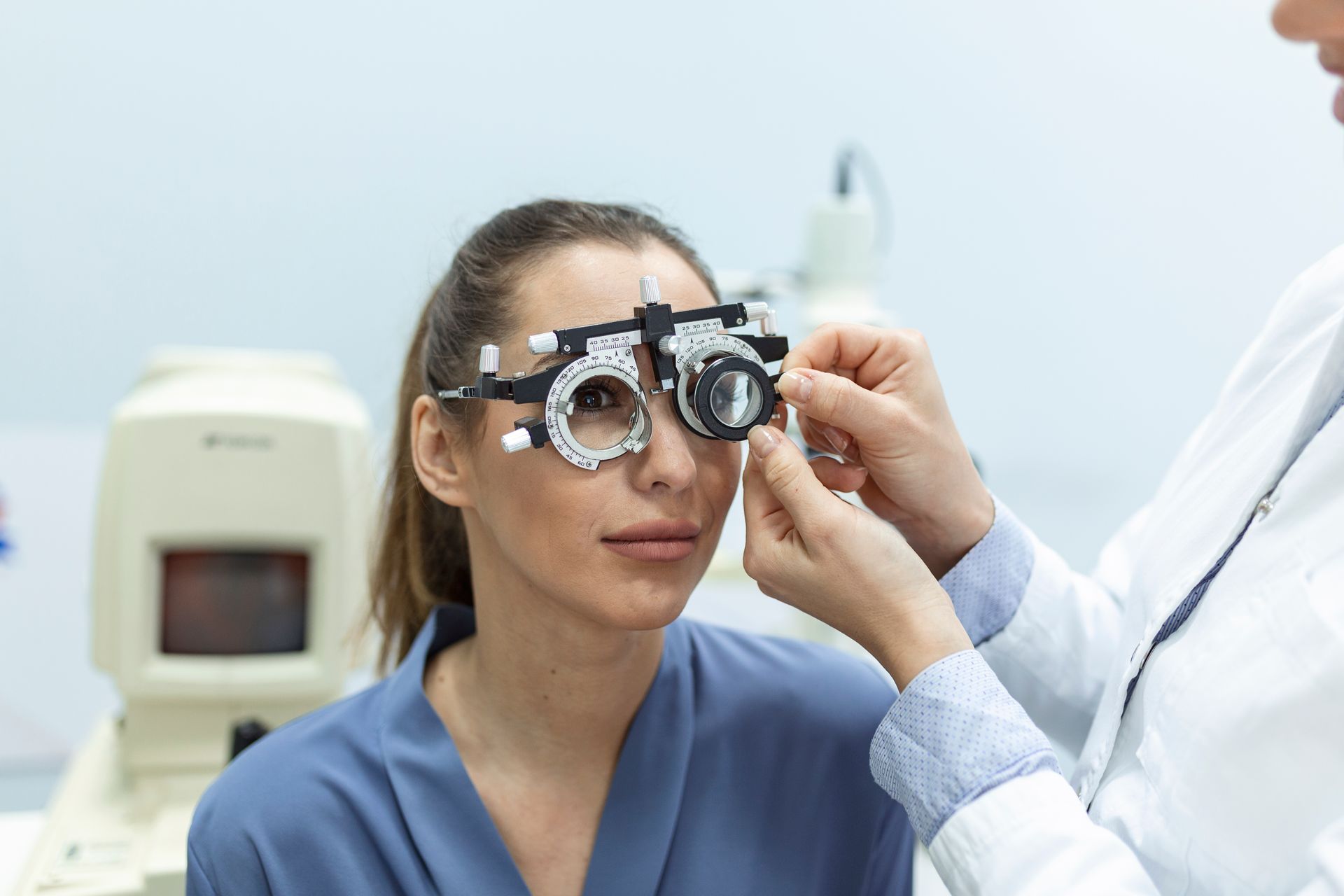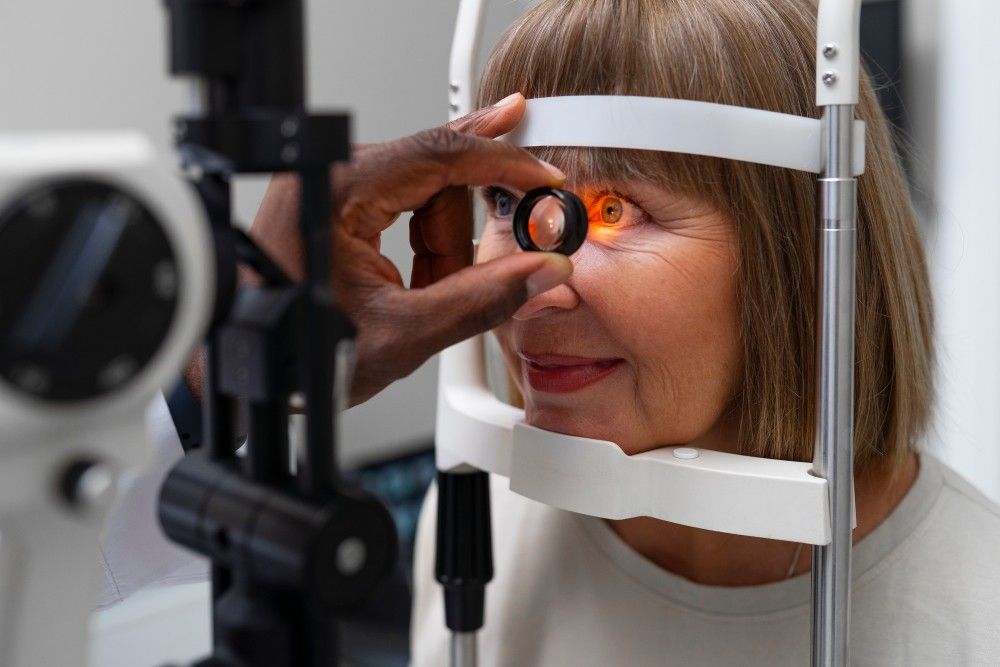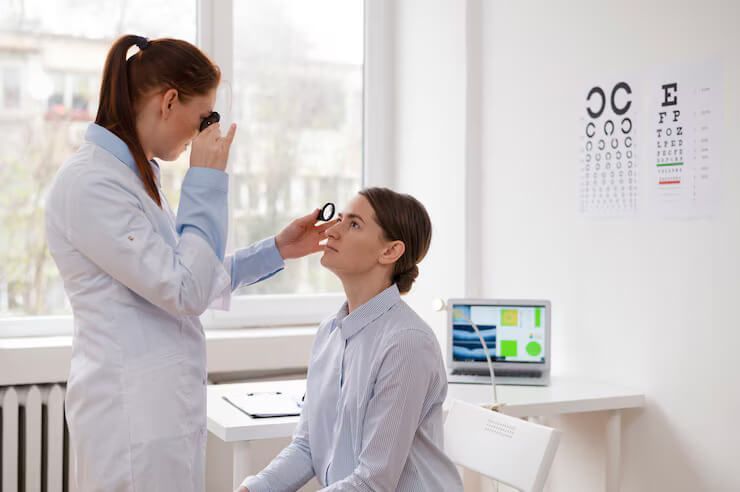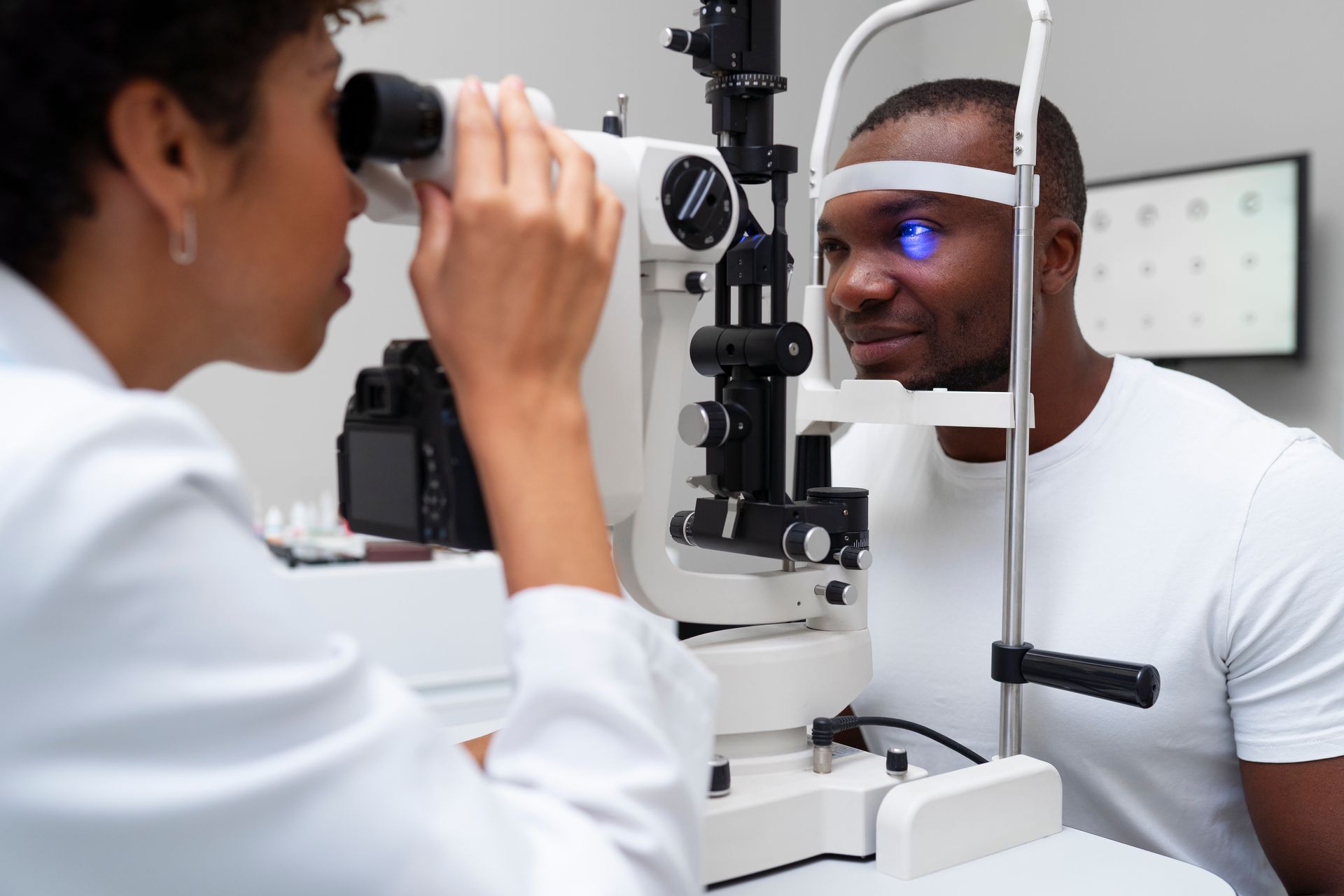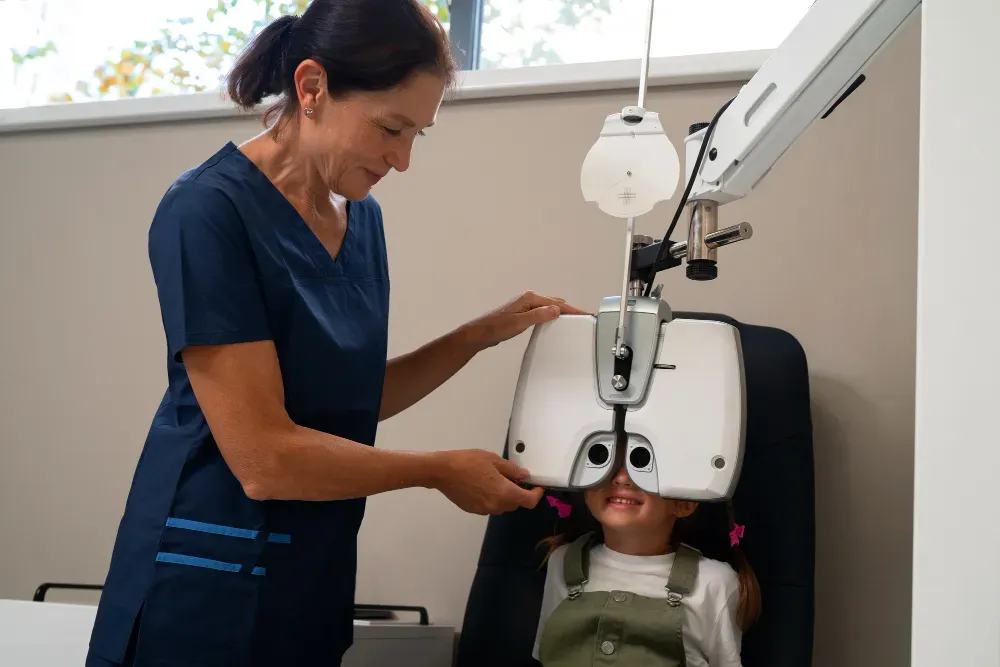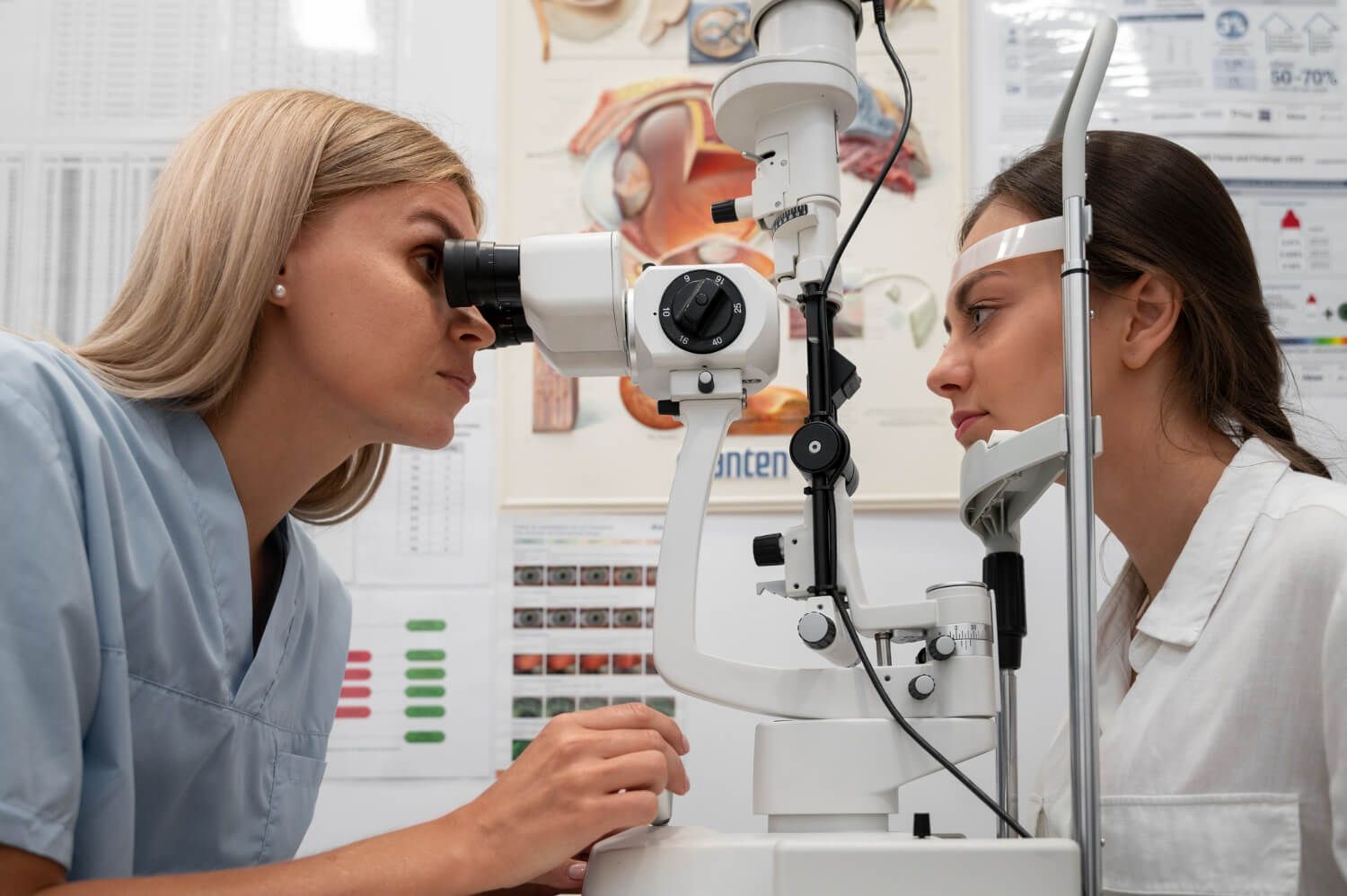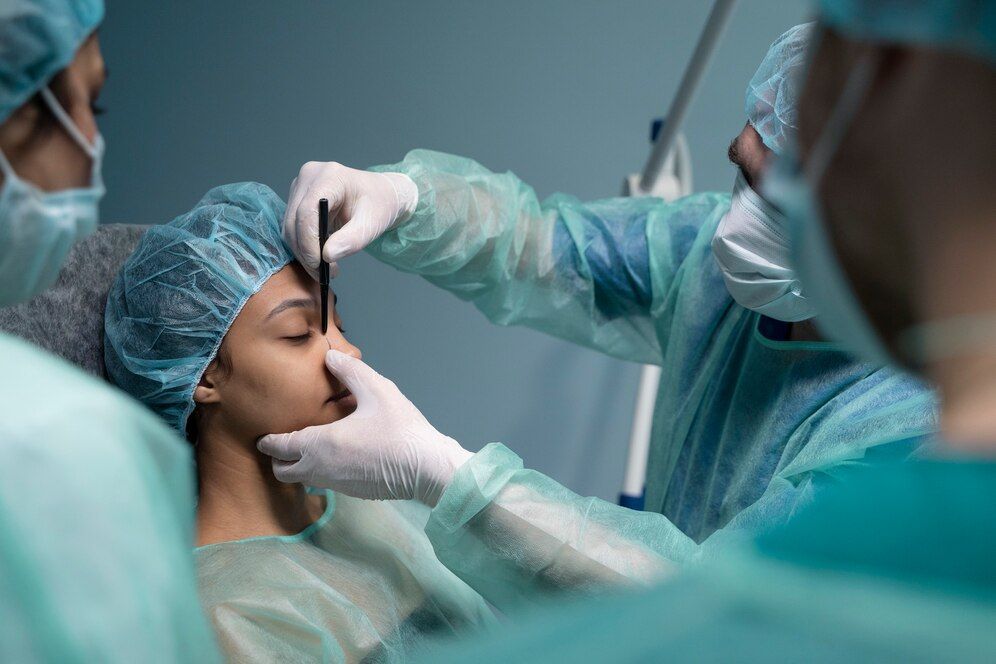Causes of Cataracts

As we age, our eyes go through various changes, and one of the most common issues that develop is cataracts. Cataracts can significantly impact vision, leading to cloudy and blurred eyesight. Understanding the causes of cataracts and the available treatment options can help individuals take proactive steps to maintain their eye health. In this blog post, we will delve into the root causes of cataracts and shed light on the highly successful cataract surgery, offered at Hill Country Eye Center in Austin, to restore clear vision.
Age: The Culprit Behind Cloudy Vision
Cataracts occur when the natural lens of the eye becomes cloudy due to a buildup of protein. This clouding is a result of new cells forming on the outside of the lens, which then compact older cells into the center of the lens, causing it to lose its transparency. While age is the primary risk factor, there are other contributing factors that can lead to cataracts, such as:
- Advancement in Age: As we grow older, the risk of developing cataracts increases.
- Eye Injuries: Certain eye injuries can trigger the development of cataracts.
- Diabetes: Individuals with diabetes have a higher risk of cataract formation.
- Glaucoma/Retinal Disorders: Pre-existing eye conditions like glaucoma or retinal disorders can be linked to cataracts.
- Ultraviolet Radiation: Prolonged exposure to UV rays without eye protection can contribute to cataract development.
- Heredity: Cataracts can be hereditary, passing from one generation to another.
- Metabolic Conditions: Specific metabolic conditions may also play a role in cataract formation.
- Cigarette Smoking: Smoking has been linked to an increased risk of cataracts.
- Air Pollution: Prolonged exposure to air pollution may be associated with higher cataract risk.
- Heavy Alcohol Consumption: Excessive alcohol consumption may contribute to cataract development.
- Certain Medications: Some medications, especially long-term use of oral steroids, can increase the likelihood of cataracts.
Cataract Treatment: Cataract Surgery
While vision can be adequately corrected with glasses or contacts for a period, there are currently no medical treatments to prevent or reverse cataract development. Once cataracts begin to affect daily life and compromise vision significantly, cataract surgery is the most effective option.
Cataract Surgery
Cataract surgery is a highly successful and common procedure that restores clear vision. Performed on an outpatient basis, cataract surgery involves removing the cloudy natural lens and replacing it with a clear, artificial lens known as an intraocular lens (IOL). More than 1.5 million cataract surgeries are conducted each year in the United States, with over 90% of patients experiencing improved vision following the procedure.
Cataracts are a prevalent age-related eye condition that can impact the quality of life significantly. Understanding the causes of cataracts empowers individuals to take proactive steps to protect their vision. If cataracts affect daily life and hinder vision, cataract surgery offered at Hill Country Eye Center in Austin provides an effective solution to restore clear vision. With advanced surgical techniques and intraocular lens options, cataract surgery has proven to be highly successful in helping individuals regain visual clarity and enhance their overall well-being. To learn more about cataract treatment options and personalized care, schedule a consultation with our experienced team today. Embrace the world with clarity and confidence with the expertise of Hill Country Eye Center.
